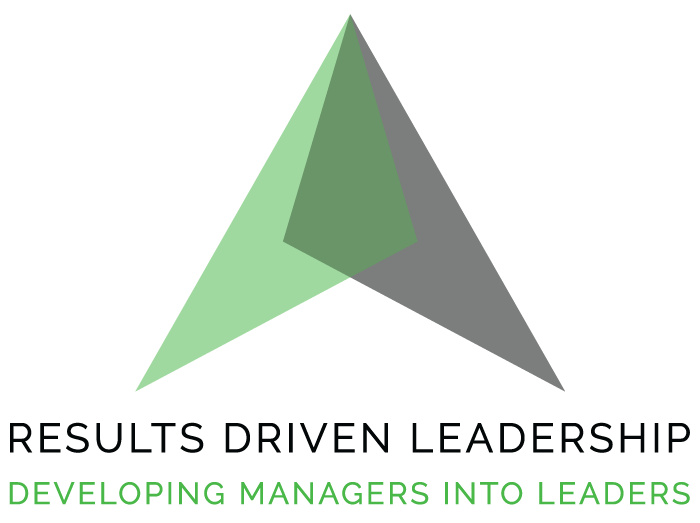When I began my corporate career, I was filled with nerves and uncertainty.
But under the guidance of Ted, a seasoned leader with over 20 years of experience, I quickly learned the power of growth through discomfort.

Ted understood the importance of transitioning from a doer to a leader mindset, and he instilled this mindset in our team. While he excelled as a doer, Ted recognized that true leadership involved nurturing the potential of others.
Ted was a strong advocate for leadership through delegation. He understood that his expertise was limited compared to the collective knowledge of the team. This mindset enabled him to delegate challenging tasks, giving us valuable learning opportunities. Instead of controlling us, Ted empowered us, replacing urgency with patience and his expertise with curiosity. This approach allowed us to respond to challenges aligned with our values.
Effective leadership development is crucial for success in the corporate world. Guiding a team requires a delicate balance of skills that can be cultivated through leadership training. As a manager, your growth is intimately tied to the growth of your team members and their professional development.
Embracing discomfort in the learning process was another key lesson from Ted. I vividly recall one instance where I was assigned a task well beyond my capabilities. I stumbled and almost fell, but Ted didn’t step in. He allowed me to struggle, recognizing that it was through the struggle that I would learn and grow.
Ted’s approach wasn’t devoid of empathy or support. He created a space for me to fail and learn from my mistakes. Though it was difficult, this uncomfortable process ultimately boosted my confidence. Ted enabled me to navigate confusion, make mistakes, and turn them into valuable lessons. He encouraged me to acknowledge my emotions, understand them, and use them as a compass through challenges.

Learning, as Ted often reminded us, involves discomfort. But through this discomfort comes understanding, growth, and resilience. The key is to reframe challenges as opportunities for learning and growth.
When developing your team, adopting a hands-on approach is vital. Your team members rely on your guidance, and the knowledge you impart through effective training sessions becomes the foundation of their careers. Providing a supportive environment for learning, experimenting, and growth should be a cornerstone of your managerial strategy.
Ted had an innate ability to differentiate between high- and low-stakes tasks, a skill he fostered in us over time. He delegated tasks based on their relevance and impact, creating a safe and compassionate environment where mistakes were expected and utilized as learning opportunities. He often assigned tasks that challenged and expanded our skills, even if they were routine for him. This constant learning and skill development was essential to our growth.
Lastly, Ted embodied curiosity and facilitation. He acknowledged that he didn’t have all the answers, and he didn’t expect us to either. Instead, he encouraged us to utilize our collective expertise, facilitating learning from one another. Through thought-provoking questions, he prompted us to think critically, analyze our approach, and extract lessons from every situation.
Looking back, I realize how significantly Ted’s leadership style shaped my career. It was uncomfortable and challenging, but it was the most valuable kind of learning. It helped me develop my skills, build resilience, and instill confidence. True leadership is demonstrated when faced with difficulties and discomfort.

Training your team equips them with essential skills and empowers them to tackle challenges and assume responsibilities.
An efficiently trained team can handle complex tasks with ease, allowing you to focus on the strategic aspects of leadership.
I am forever grateful to Ted for teaching me these valuable lessons. His leadership style was about empowerment, not micromanagement. He provided us with the tools to solve our own problems, rather than solving them for us.
Once I was in leadership roles, I often asked, “What would Ted do?” Why? Because I strive to be the kind of leader who recognizes potential in others, empowers them to grow, embraces discomfort, and values learning above all else.
Effective delegation, embracing discomfort, and fostering a learning environment are all vital aspects of leadership. Transitioning from being a doer to a leader may be challenging, but the rewards are tremendous. By creating an environment where discomfort is normal, where learning from mistakes is encouraged, and where curiosity and facilitation are highly regarded, leaders can not only build strong, resilient teams but also help their team members grow personally and professionally. As Ted always believed, “The true measure of a leader is the success of those they lead.”
To excel as a manager and leader, continuous learning and adaptation are essential. The corporate world is constantly evolving, and leaders must meet the changing expectations. Staying ahead in leadership roles requires ongoing effort to hone skills and embrace new management strategies.
Integrating leadership development programs and training workshops can greatly contribute to upskilling yourself and your team. These initiatives enhance your leadership abilities and cultivate motivation and enthusiasm among team members.
Remember, becoming an exceptional manager and leader involves recognizing your team’s potential, supporting their development, and leading by example. Embrace the challenge of leadership training and continually refine your skills for a successful managerial journey.






